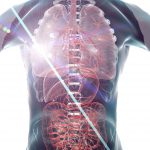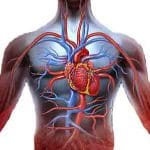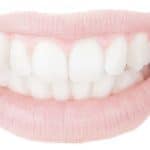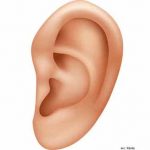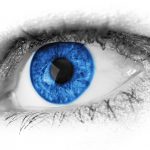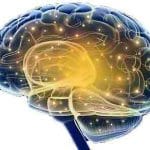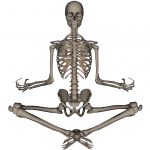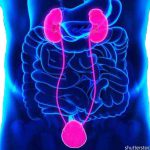NEWS on dental, oral implants
Clinical approach of ceramic dental implants
Ceramic implants establish in modern dental implantology as a supplement to the treatment spectrum with titanium implants. An increasing interest can be observed not only on the part of health-conscious patients, but also in the dental profession due to the biological advantages. The large number of participants in an extensive...
Dental implant failure rates in patients with self-reported allergy to penicillin
In a number of previous studies, patients with reported penicillin allergies have been documented to experience higher rates of dental implant failure than those who had not reported this allergy. The authors of this study aimed to determine whether an increased risk of implant failure is associated with patient-reported penicillin...
Dental implant failure rates in patients with self-reported allergy to penicillin
In a number of previous studies, patients with reported penicillin allergies have been documented to experience higher rates of dental implant failure than those who had not reported this allergy. The authors of this study aimed to determine whether an increased risk of implant failure is associated with patient-reported penicillin...
Dental Treatment recommendations after organ transplantation (german guideline)
This information is primarily intended for practitioners (physicians, dentists) involved in organ transplantation to facilitate coordinated care by the otherwise separate disciplines. The text is an abridged version of a detailed German guideline (here). Find recommendations for patients before transplantation here. Dental therapies in the first six months after the...
Dental implant prosthetic rehabilitation of a patient with epidermolysis bullosa dystrophica
Some rare diseases with oral manifestations warrant fixed/implant-supported restorations - a case report Epidermolysis bullosa dystrophica (DEB) describes a form of hereditary epidermolysis bullosa (EB), which is characterized by fragility of the skin and mucous membranes and manifests itself with blistering. In connection with dental and oral surgical procedures, blistering...
Implant-supported restorative therapy in a Swedish population
Replacing missing teeth through implant-supported restorative therapy is a common treatment procedure. While high survival rates have been reported, complications affecting the implant and/or the implant- supported reconstructions may occur. Such biological or technical complications require additional investment in treatment. Out of a cohort of 596 subjects, the proportion of...
Wissenschaftliche Untersuchung steril verpackter Medizinprodukte
100 original verpackte Zahnimplantate wurden mit einem Rasterelektronenmikroskop auf Rückstände untersucht. Folgende Materialien wurden gefunden: Metallische Partikel mit deutlichen Anteilen von Kupfer, Zinn, Chrom, Eisen, Wolfram und Nickel. Filmische Rückstände und kohlenstoffhaltige Partikel. Chemikalien wie z. B. Erucamid, Dodecylbenzolsulfonsäure. Der Autor diskutiert die medizinische Relevanz dieser Befunde. Author(s) Source Duddeck...
Scientific investigation of sterile packaged medical devices (german original)
100 originally packaged dental implants were examined for residues using a scanning electron microscope. The following materials were found: Metallic particles with significant amounts of copper, tin, chromium, iron, tungsten and nickel. Filmic residues and carbon containing particles. Chemicals such as erucamide, dodecylbenzene sulfonic acid. The author discusses the medical...
Can follow-up damage be prevented with explantation of dental implants?
Dental implants have been established as a therapy for decades. With the increasing number of implants placed, complications are also on the rise. The complications can be of various kinds: biological failures, such as failure of osseointegration or peri-implantitis, or mechanical adverse events, such as fractures of all materials involved...
Find NEWS and PUBLICATIONS here according to your interests or use the search box.

